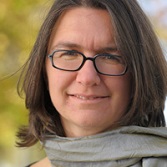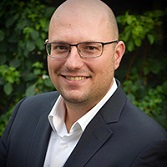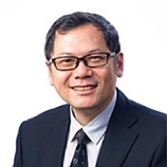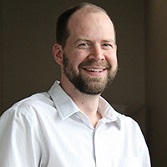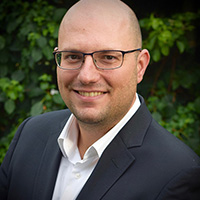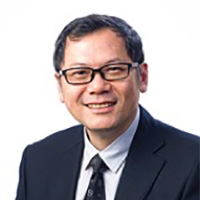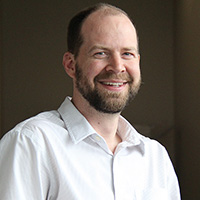Plenary Speakers
Institute of Epidemiology at the Helmholtz Zentrum München – German Research Center for Environmental Health, Professor of Epidemiology at the Ludwig Maximilians Universität München, Germany.
Health effects of Ultrafine Particles
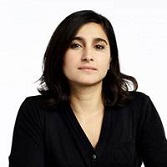
Lydia Bourouiba
Associate Professor of Civil & Environmental Engineering and Mechanical Engineering, Massachusetts Institute of Technology, USA
The Fluid Dynamics of Disease Transmission
Department of Microbiology, Tumor and Cell Biology, Karolinska Institutet, Stockholm, Sweden
Engineering nanostructured materials for biomedicine by aerosol processes
Dean and Chair Professor of Atmospheric Environment School of Energy and Environment City University of Hong Kong Kowloon, Hong Kong, China
Single-particle Raman spectroscopy in studying multiphase reactions of atmospheric particulates
Professor in Mechanical Engineering, University of Alberta
Beyond particle mobility classifiers: Classifying particles by mass or relaxation time
Keynote Speakers
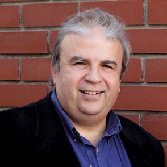
Athanasios G. Konstandopoulos
Department of Chemical Engineering, Aristotle University of Thessaloniki, Thessaloniki, Greece
Forty years of combustion engine particulate filter technology
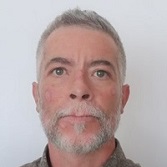
Marco Pandolfi
Institute of Environmental Assessment and Water Research (IDAEA-CSIC), Spanish Research Council (CSIC), Barcelona, Spain
Desert dust and air quality: Is it only mineral dust that matters for health effects
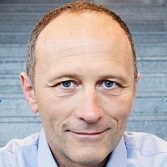
Paolo Laj
Istitute of Environmental Geosciences (IGE), Univ. Grenoble Alpes, CNRS, IRD, Grenoble INP, Grenoble, France
ACTRIS – shaping the future of atmospheric research
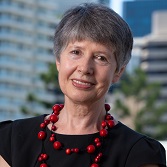
Lidia Morawska
Distinguished Professor, Queensland University of Technology, Brisbane, Australia and Vice-Chancellor Fellow, Global Centre for Clean Air Research, University of Surrey, UK
WHO Air Quality Guidelines 2021: What change will they bring ?
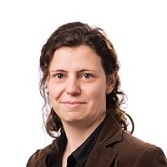
Eirini Goudeli
Laboratory of Aerosol Particle Technology, Department of Chemical Engineering, University of Melbourne, Australia.
Multiscale modelling of soot growth – from reactive molecular dynamics to particle dynamics models
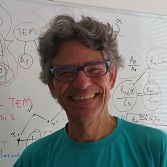
Yannis Drossinos
European Commission, Joint Research Centre, Italy
A modelling quantification of COVID-19 control strategies
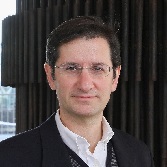
Athanasios Nenes
Laboratory of Atmospheric Processes and their Impacts, School of Architecture, Civil and Environmental Engineering, Ecole Polytechnique Fédérale de Lausanne (EPFL), Lausanne, Switzerland and Institute of Chemical Engineering Sciences, Foundation for Research and Technology Hellas, Patras, Greece
Oxidative potential of aerosol particles and health impacts
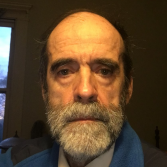
Juan de la Mora
Mechanical Engineering & Materials Science, Yale University, New Haven, Connecticut, United States of America
High resolution particle size determination with sheathed condensation particle counters, and the verification of classical heterogeneous nucleation theory

